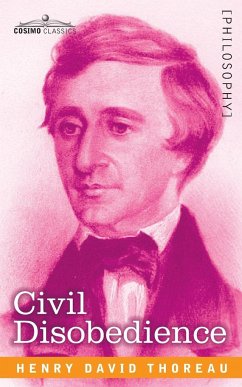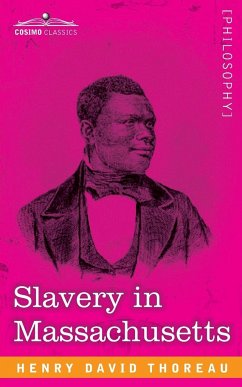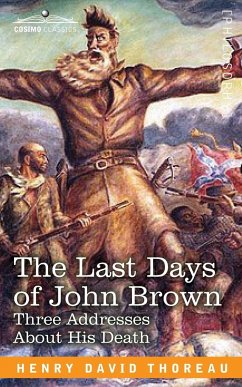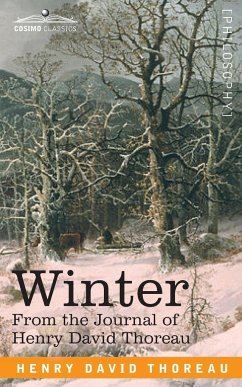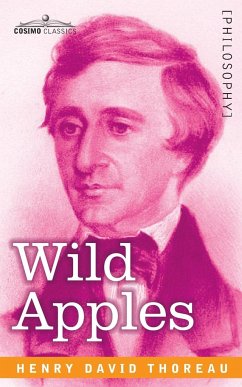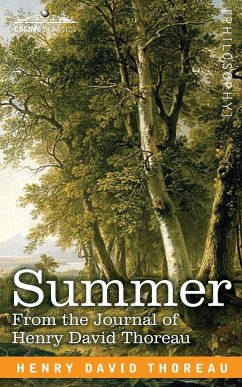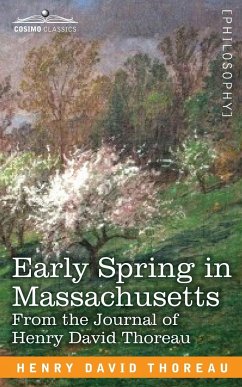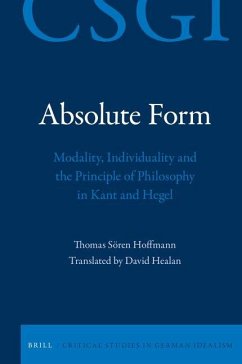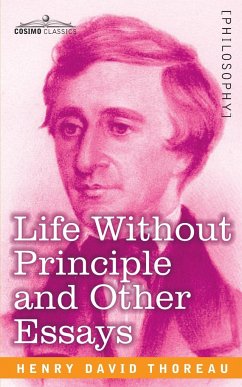
Life Without Principle and Other Essays
Versandkostenfrei!
Versandfertig in 1-2 Wochen
16,99 €
inkl. MwSt.

PAYBACK Punkte
8 °P sammeln!
"Politics is the gizzard of society, full of grit and gravel, and the two political parties are its opposite halves-sometimes split into quarters-which grind on each other." -Henry David Thoreau, Life Without Principle (1863) Life Without Principle and Other Essays is a collection of Henry David Thoreau's most influential works which have transcended time and paved the way for political leaders such as Mahatma Gandhi and Martin Luther King, Jr. Included in this volume are Civil Disobedience (1849), Slavery in Massachusetts (1854), A Plea for Captain John Brown (1860), Walking (1862), and Life ...
"Politics is the gizzard of society, full of grit and gravel, and the two political parties are its opposite halves-sometimes split into quarters-which grind on each other." -Henry David Thoreau, Life Without Principle (1863) Life Without Principle and Other Essays is a collection of Henry David Thoreau's most influential works which have transcended time and paved the way for political leaders such as Mahatma Gandhi and Martin Luther King, Jr. Included in this volume are Civil Disobedience (1849), Slavery in Massachusetts (1854), A Plea for Captain John Brown (1860), Walking (1862), and Life without Principle (1863). These five essays are Thoreau's most quoted and quintessential, a must-read for all those who want to gain deep philosophical knowledge and who are fans of one of the most noted intellectuals of all time.



